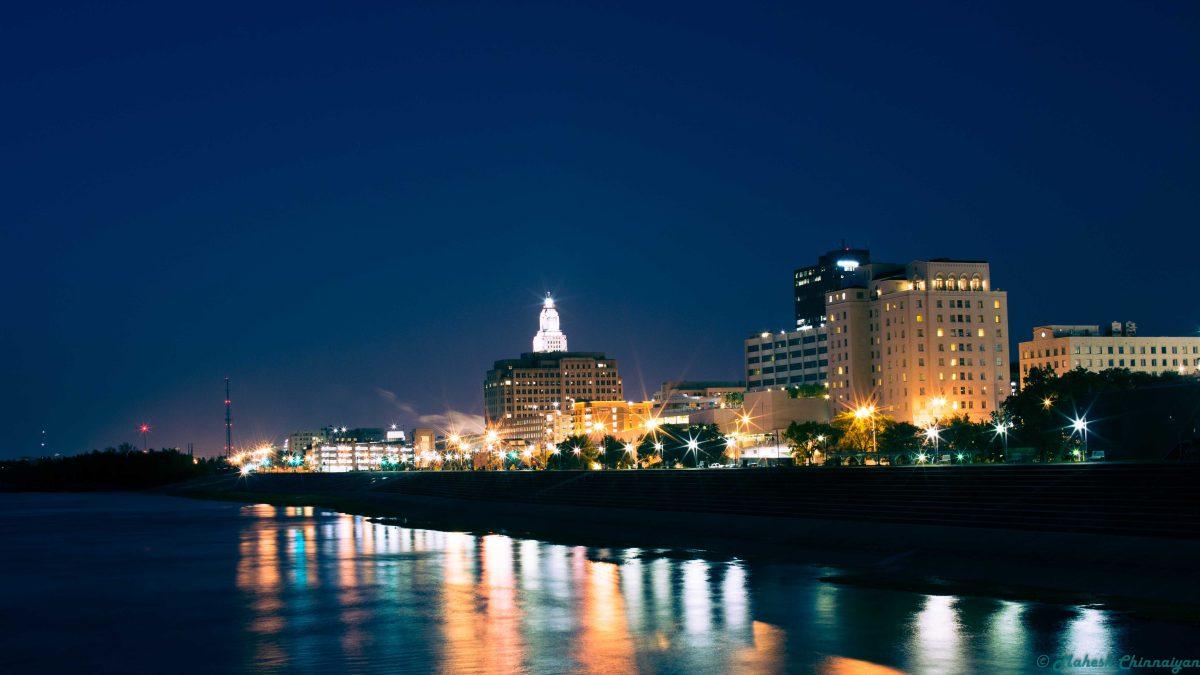When you hear the term “human trafficking,” what comes to mind? Do you picture drug cartel-like criminal organizations in Central America? Or perhaps a complex web of Eastern Asian buyers and sellers? You might think of African youth sold to militias to be turned into child soldiers.
You would be correct on all of these notions. Human trafficking is a global problem that knows no borders. If outlawing drugs created a black market for drugs, then the worldwide abolition of slavery created a black market for humans. By no means am I implying that we should reinstate slavery — I’m just pointing out an interesting and dismal economic correlation.
Baton Rouge is no stranger to this disgustingly cruel entity. In 2017, there were 681 reports of human trafficking in Louisiana, according to a report from the Department of Children and Family Services. East Baton Rouge Parish accounted for 52 of those reports. That’s one report of human trafficking per week. To clarify, these are only the instances that are reported.
Continuing my comparison of the drug market, the amount of cocaine seized during the height of Pablo Escobar’s Medellín Cartel was like a drop in the ocean. Law enforcement was seizing tons of cocaine annually, but an astronomical amount was being successfully transported and sold within the United States. We can only hope that the human market isn’t mirroring those statistics, but it probably is. Baton Rouge ranked eighth in a National Human Trafficking Hotline report analyzing the amount of calls, emails and online tips the organization received per capita from December 2007 to December 2016. For every 100,000 people, there were 176 calls. New Orleans ranked 23rd, with 110 for every 100,000 people.
“The statistics below are representative of calls and cases reported to the National Hotline and should not be taken as a comprehensive report on the scale or scope of human trafficking within each city,” the report said.
Like cocaine in the ‘80s, these reports likely represent a minuscule amount of the actual amount of human trafficking that occurs in our own backyards. So why aren’t we talking more about it? Why isn’t the public more aware of this very prevalent problem that’s happening in our city? I don’t have the answer, nor do I have the solution. But I do question why we haven’t had a “War on Trafficking” yet.
Unlike drugs, humans can’t be mass-produced in jungles, packaged and sold all over the world. If the government and authorities allocated the same amount of energy and resources as they did to the War on Drugs, then those same authorities might actually have some success in fixing a major human rights problem that takes place on the same streets we travel every day.
James Smith is a 21-year-old mass communication senior from Grand Coteau, Louisiana.
Opinion: Human trafficking requires increased awareness, better resources
By James Smith
September 18, 2018
baton rouge







